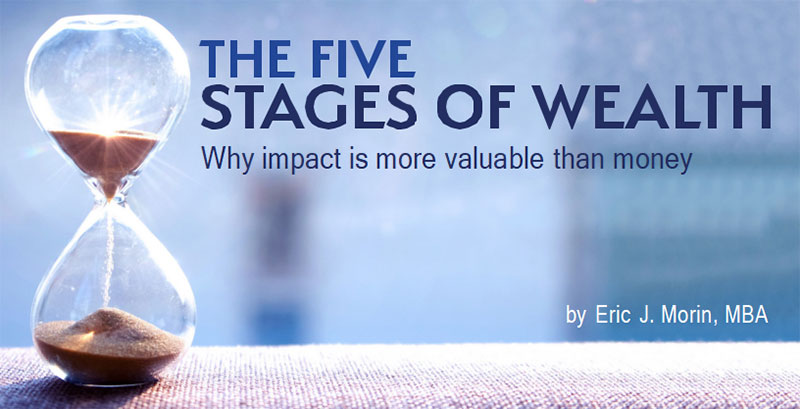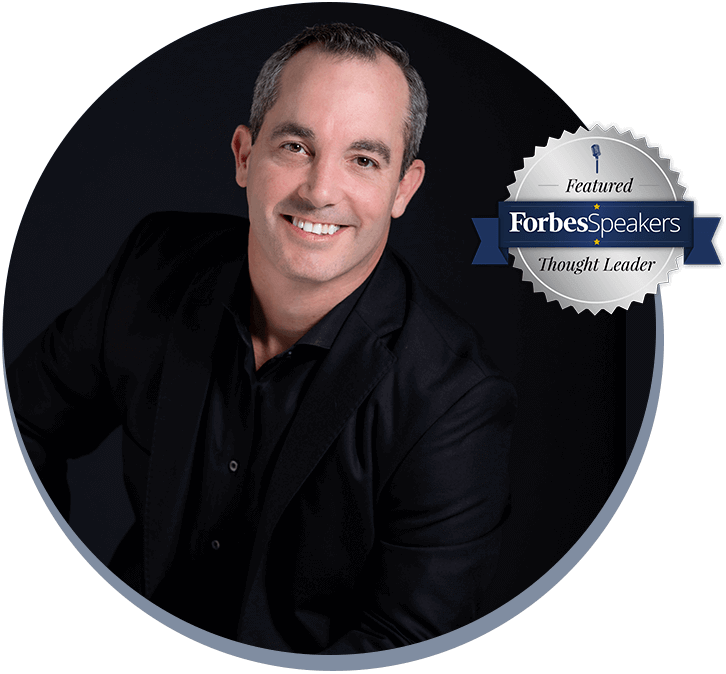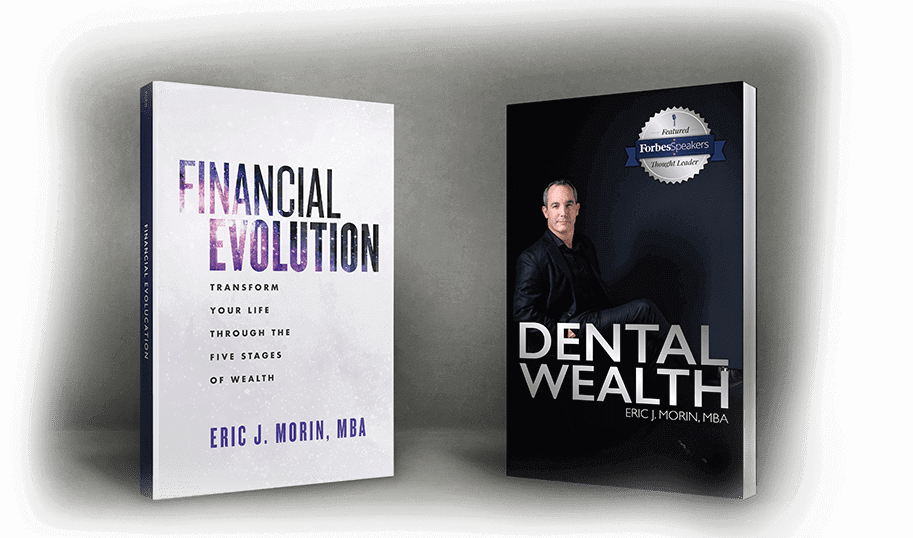
It’s true what they say. There’s wisdom in children. I was at my kid’s school recently and I asked his friends what they wanted to be when they grew up. They all said things like ‘policeman’, ‘fireman’, ‘doctor’. They all wanted jobs that would help people. Jobs that would leave a legacy of positive community impact. Jobs that any of us would be proud to do.
Somewhere along the line, most of us get sold on a different story. One where we just have to look after ourselves. Earn enough money to see us through when we’re old. And either we gradually forget about helping other people, or we keep telling ourselves we can do it as soon as we have enough to take care of retirement. Then we can cut back on work, and dedicate more of ourselves to serving others. Building that legacy.
But somehow there’s never enough. Weeks and weekends disappear in pursuit of higher earnings. Before we know it, all the time has gone. And we never got around to doing the work that we could be proud of.
The irony is that focusing on legacy first is the surest path to wealth I know. And with that wealth comes a greater ability to serve your community.
THE MINDSET OF A WORKING DENTIST
Most of my work involves coaching practice-owning dentists on their finances. Over the past couple of decades, I’ve worked with hundreds of doctors.
If they can just put more hours in, work a little harder, then one day they can step away from the chair and retire in peace. Play golf in the day and stare at the walls at night.
They’ve already bought into the narrative. Forgotten they wanted to be a policeman when they were a kid.

But financial advisers keeping telling them this story. Do the overtime. Take the money and put it into passive funds, savings bonds, a 401k. And the money grows slowly over time. Then they retire, slowly eating away at their wealth until either it runs out or they do. It’s called ‘the death spiral’.
They’re told that this is success. All their friends do the same. And they call it success too.
When I start working with a dentist, the first question I ask is ‘why do you do what you do?’ They never say ‘more money.’ Every action they take makes it seem as if that’s the answer. But it never is.
They’d just forgotten to ask themselves the question for a while. Forgotten that money in itself is not success. It’s what you do with it that counts.
THE FIVE STAGES OF WEALTH
I encourage the doctors I work with to adopt a different mindset to chasing the death spiral. To act with intentionality, working towards a legacy. Having a positive impact on the people around them, their wider community. Making every decision based on reaching that goal. Knowing why they do what they do and acting accordingly.
As with any profession, after a while, you start to notice patterns. Identify the common factors that group people together. The shared traits that lead to success, or not.
Along the path to building their legacy, the dentists I work with tend to pass through these five stages. I usually meet them at stage one or two. And we work towards stage five.
1. THE DREAMER
The ‘if I can just make more money’ character. The Dreamer still has big ideas and still believes that they can achieve them. They just need to put in more hours. Raise their revenue. Then they can pay off the house, buy a fast car, build a corporation, give everything away to charity.
But it’s a trap. A hamster wheel. Their dreams a picture pinned to the cage, always a little too far from reach.
Usually, The Dreamer does work harder. Earn more money. But the more they earn, the more they spend. They build up debt – credit card, practice loans, personal loans. And every day they get back in the hamster wheel to pay for it all.
The problem is income allocation. Most financial advisers recommend a 90/10 philosophy: use 90% of your earnings today and put 10% away for tomorrow, usually by investing in mutual funds or your 401k.
But this isn’t the best way to grow your money. After 30 years, a typical dentist practice has revenues of around
$1 million. Assuming a 30% margin, you’re taking home
$300,000. If you were to achieve the same income in retirement by investing in shares alone, you would need to put an astonishing $6 million aside – assuming 5% growth.
If you follow this advice – putting 10% aside – you’re more likely to retire on around $30,000 a year. A substantial change in lifestyle. Certainly not enough to achieve those big dreams. And you’ll have wasted your life in that hamster wheel.
2. THE SETTLER
The Settler embraces that story. They don’t see any other way. They work hard every day, build up their portfolio and wait for the day they can stop. Step out of the cage, play a few rounds and stare at the walls.
The portfolio they built gets smaller every year, the yields

diminishing as they eat into the principal. The best they can hope for it not to outlive their money. The death spiral.
I see The Settler as a tragedy. The bigger tragedy is that this is where most people get stuck. And I don’t blame them. There’s a whole system built on teaching people to settle. It’s what the finance industry gets paid for.
But I believe we can all do better.
3. THE RISK TAKER
It starts by changing your income allocation. Rather than 90/10, I advise 70/30. Live on 70% of your earnings and invest the other 30%, in three different buckets.
The first 10% goes into savings, shares, retirement funds. Money put aside in relatively low-risk investments. The second bucket is active investment. Real estate. A friend’s business maybe. Tangible assets that can grow a passive income over time. The third bucket is personal development. Your own education. Increasing the value of you.
For dentists, that means investing in their own practice. If you can turn that $1 million practice into a self-managed
$2,000,000 enterprise, you can keep taking that
$300,000 in retirement.
The problem is that people can easily turn into Risk- Takers. They get a taste for it. Start to see their passive income develop. Realize they can earn money without toiling in the hamster wheel. They develop an ego. Think they’re bulletproof. And then something like 2008 happens, and it all comes crashing down. Because it turns out they weren’t the smartest one in the room after all.
4. THE MANAGER
The Manager realizes they need to hedge against that risk. They need to build a team around them, so they don’t fall victim to their own hubris. You can’t be an expert in every area.
In the process, they learn the value of time. I often take people through an exercise calculating their hourly value.
At this stage, it’s often thousands of dollars.
Seeing this number is eye-opening. Suddenly paying someone $20 doesn’t look like $20 gone – as it does to The Dreamer and The Settler – it looks like $2,000 in recovered time. Suddenly spending two hours a day in traffic doesn’t seem like such a good idea.
The Manager starts hiring. Getting a group of people around them to take care of various aspects of their lives
– personal as well as business. Because they’ve realized that their time is more valuable than the money. And they’ll get the most value out of that time by spending it on the things that made it so valuable in the first place.
That doesn’t just mean billable activities. That means playing with the kids. Connecting with the spouse. Focusing on the dreams you had when you were small. Because if you’re enthused about what you do, the team you’ve built will be enthusiastic too.
Suddenly, things start happening without The Manager’s involvement. An enthusiastic team is taking care of everything for them. Opportunities are brought to them, rather than having to be chased.
5. THE HUMANITARIAN
When you’re a kid, you don’t care about money. You don’t have to. You don’t need it, so you don’t think about it. That’s when you want to be a fireman.
The final stage of wealth is returning to that mindset. Having enough that you don’t need to worry about it anymore. Instead, you’re more interested in the legacy you leave.
I’ve been working with a doctor who has amassed tens of millions of dollars. We’ve been working on how to treble what he has. Not so he can become richer. But so he can set up a charitable foundation. One he hopes his children will run for him when he’s gone.
This is the Buffett and Gates stage. Where you pledge to give away most of your wealth. Or step away from selling software and dedicate your life to eradicating malaria.
When you do the things your childhood self would be proud of. And you achieve the dreams that were always just the other side of the hamster wheel.
ADOPTING THE LEGACY MINDSET NOW
The truth is, the fastest route to stage five is adopting the legacy mindset from the start. Imbuing everything you do with purpose.
If youalwayshaveyoureyeonlegacy, you’llmakedecisions based on achieving that vision. Rather than acting to get more money now – as most of us do – you’ll act to get you one step closer to having that positive impact. More often than not, they’re not the same choices.
I always say that you get what you measure. If you measure success as having enough money to live when you retire, that’s what you’ll get. Outrunning the death spiral.
If you measure it in impact, in leaving that legacy, then a hundred tiny decisions along the way will get you there. It will affect the way you lead your organization. The way you treat the people in your life. And that will affect how they treat you. If you help others get what they want, they’ll help you to get what you want.
Acting with purpose, with vision, having a positive impact on others, will get you where you want to be much faster than acting alone. Otherwise, the best we can do is survive. Show up each day at the hamster wheel.
I say we’re better than that. What do you want to be when you grow up?




